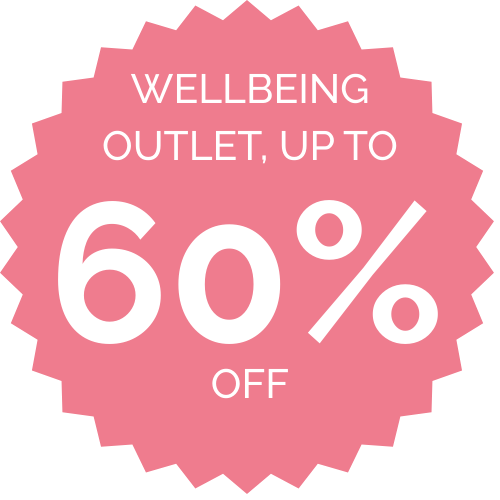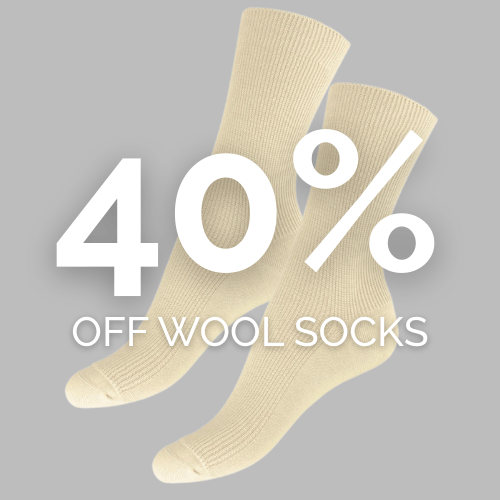Greenfibres Ethical and Environmental Policy
This policy is written with the understanding that:
- the worsening climate crisis, resource use, and waste are the defining challenges of our time
- we have the capacity to create and act upon appropriate solutions
- the key to such actions is our appreciation that all living creatures are interconnected
In the last few years, there have been a multitude of reports and projects which have highlighted:
- the problems associated with conventional intensive farming (and pesticide use), fossil fuel energy consumption, and thoughtless consumerism (e.g. fast fashion).
- the positive effects of organic farming for people and the environment, reduction of resource use, and ethical consumerism
Within this context, we at Greenfibres aim:
- To source the highest quality organic and natural textiles and to minimize the use of synthetic fibres. (1)
- To pay a fair price for goods or services and to use local labour wherever possible. (2)
- To minimize packaging, plastic and non-plastic (and use only recyclable packaging when needed). (3)
- To minimize “textile-miles” and to help re-establish and support local textile production, and manufacture in the UK and Europe. (4)
- To conduct the running of a business in an ethical, mindful and responsible way, including the actions taken, operating principles and service providers used. (5)
- To contribute to the education of the general public on organic textiles and related issues (e.g. GM cotton and working conditions of textile workers). (6)
This Policy covers our activities at 1 Malt Mill and 99 High St., as well as all of our activities on-line.
- At Greenfibres we are passionate about the environment that we live in and are part of. We go to great lengths to ensure that any products we source do as little damage to the environment as possible. This decision process begins at the seed level. Often the choice is quite a simple one: organic or conventional. And since organic farming inhibits the use of artificial fertilizers, herbicides, insecticides, defoliants or any other man-made chemicals, the choice is obvious to us. In our opinion, organic farming offers the only sustainable option for the future of food and textile production. Its techniques are far more in harmony with the natural rhythms of the world around us and aim to mimic nature by not creating monocultures or soils that are reliant on chemicals in order to maintain even the lowest levels of fertility. Hence, we choose organic fabrics over conventional fabrics. Organic cotton, organic wool and, to a lesser extent, organic linen are becoming more and more widely available, which makes it easier for us to take the position that, for example, we will not offer a cotton product unless it is organic. On the other hand, hemp that can be used for textiles is not yet really grown or produced organically. However, the fact that it grows prolifically without the need for fertilizers or pesticides and is such a beneficial crop for farmers and the soil, has helped us in our decision to support the hemp textile industry where possible.
- There is no point in selling a product made with organic materials if it has been made under compromised working conditions. We will not source products from companies that use or condone such practices or which contravene human rights in any way shape or form. Organizations that supply Greenfibres must comply with the Code of Conduct as contained in the Global Organic Textile Standards. Further to this, we make every effort to use as much local and small-scale production facilities as possible. We have a facility in Plymouth that we use to produce some of our own-label, hand-made goods and garments. We treat staff as stakeholders and pay people above average wages for the work being done given the area we operate in. Furthermore, we are against increasing disparities of incomes and undertake to never have the highest earner in the company making more than 3 times the wage of the lowest earner.
- Packaging is very wasteful. Raw materials and energy are required during production, pollution is formed throughout the manufacturing process and transportation, and finally disposal is either in a landfill site or at an incineration plant. This is bad enough, but when you add the fact that a great deal of packaging is unnecessary or not even biodegradable (when environmentally sound options are available) then the picture is far worse. At Greenfibres, we are very serious about minimizing our use of packaging. That which we do use is predominantly biodegradable, reusable and recyclable. The small amount of plastic we use in our packaging is often reused from other origins (in the 25+ years we have been operating, we bought in new plastic twice). We encourage our suppliers to take a responsible approach to packaging and have lobbied for biodegradable packaging alternatives since the mid-1990s.
- For many people, the concept of “food-miles” introduced the ideas of a lower carbon foot-print, and the considerations around air-freighted food highlighted the complexity of the total energy and human cost of a product. The issues around textiles are at least as damaging as food products as raw materials have a range of different life cycles, and trying to unpick a garment’s history can throw up all types of transport and energy questions. We keep textile miles in focus when sourcing new products and endeavour to keep these low and under 1,000 miles if possible.
- We believe that to operate a socially and environmentally responsible business, we must fully realise our ecological footprint and take responsibility for the way we spend our budgets and run the company day-to-day. To minimize the impact that Greenfibres has on the local and global environment, and additional to the aforementioned actions, we:
- use electricity from renewable sources (Good Energy)
- use ethical banking (Co-operative Bank)
- use co-operative service providers (the Phone Co-op for phone and broadband)
- use local companies where possible – local accountants, cardboard recyclers, printers, hardware shop, electricians, and cleaners (who use Sonett products), etc.
- use high post-consumer content recycled paper in all our stationary and catalogues and are anti-plastic packaging.
- support ethical providers such as SUMA wholefoods, the Green Stationery Company, and have our mortgage with the Ecology Building Society.
- Greenfibres participates in a number of organizations and forums where issues relating to organic fibres are discussed and promoted. These include: the Soil Association, the Fair Trade Foundation, Pesticide Action Network UK, Environmental Justice Foundation, Global Organic Textiles Standards, Labour Behind the Label, and the Organic Trade Board. Greenfibres also supports the activities of other environmentally and socially responsible organisations, including the Transition Network; the UK Biodynamic Association, the Sharpham Trust, Trees For Life, and others, through donations of time and money which amount to approximately 10% of annual profits. The Greenfibres catalogue has information about organic textile matters and directs ethical customers to appropriate websites and research sources.
This document was first written in November 1996 and subject to a bi-annual review
(last done 13 06 2023).













